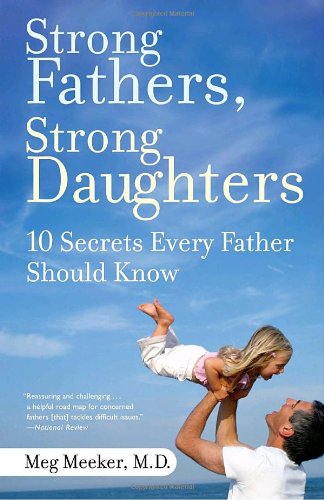Below are six languages that help speak to the building of an intimate relationships. We cannot build healthy intimacy and thriving relationships without practicing some of the below ideas. As with anything in life, practice makes progress (not perfect!).
Passion – This is the language of “I want and desire more.” Shame tells us that we ‘should’ do or we “ought to” get more. Should is a shame word that negatively influences our relationships. Instead of saying “I should,” say “I want” or “I desire.” Own what you want, don’t be a victim to your own desires.
Presence – This is the practice of saying “I am here, emotionally engaged.” Escape is easy through TV, internet, food, sugar, devices, alcohol, drugs, and other substances. When we hide, we are not present and engaged with others in our life. Life is full and busy, but these are the choices we make. If you’re not present, cut back on distracting habits or commitments.
Resolve – This is the idea forward of, “I will finish what I start and follow through.” Self-sabotage or procrastination are the works of fear and shame. Afraid that we’ll fail, or that it won’t be good enough (shame). Another idea is that we sabotage success because we don’t feel worthy (another experience of shame). Do what you promise to yourself, and to others.
Vulnerability – This is the language of “I will risk showing you my true self. I will not hide.” Nothing promotes intimacy more than vulnerability. We shy away from the true desires of our heart because not everyone is safe. If you risk nothing, you will gain nothing.
Help – This is the language of “I will ask for help.” Asking for help is scary because it puts us in the position of being rejected. Like vulnerability, if we do not ask for help, we will not be helped.
Honesty – This is the language of “I will tell the truth, regardless of the consequences.” This is a core issue in unhealthy relationships. Telling the truth isn’t just about what we have done, it includes what we have felt and thought. Telling the truth often has devastating consequences. Flannery O’Conner says, “you will know the truth, and the truth shall make you odd.”
Which one(s) of these do you need to work on?

